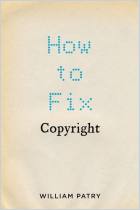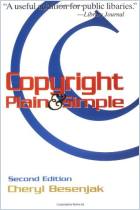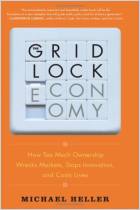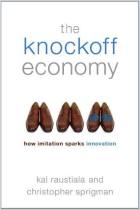
Recommendation
If the current regulatory mindset regarding intellectual property had existed when scientist Tim Berners-Lee developed the World Wide Web in 1989, the Internet might never have grown into the remarkable communication, entertainment and archival medium that it is today. Jazz and many other forms of music might never have come into being if governments were as strict decades ago about copyright law as they are now. Today, warns author James Boyle, huge swaths of the world’s artistic and cultural heritage – books, photographs, films, musical recordings – are locked up in governmental and private libraries and unavailable for distribution to the general public. Why? No one can identify the copyright holders or their heirs to obtain permission to copy them. The number of such “orphan works” is staggering: more than 95% of all books ever printed, and equally high percentages of film and music. Should the government wall off these potential treasures to protect the rights of nameless individuals, most of whom either don’t care or are dead? Boyle, an expert on intellectual property law, thinks not, and he explains why in this heated discussion about trends in his field. getAbstract recommends his illuminating book to writers, inventors, and anyone else involved in the creation of content, as well as to managers and executives who wish both to protect proprietary information and to encourage innovation.
Summary
About the Author
James Boyle is the William Neal Reynolds Professor of Law at the Duke University School of Law. He serves on the board of Creative Commons, a nonprofit organization that enables people to share and build upon the work of others, consistent with the rules of copyright.




















Comment on this summary or Start Discussion